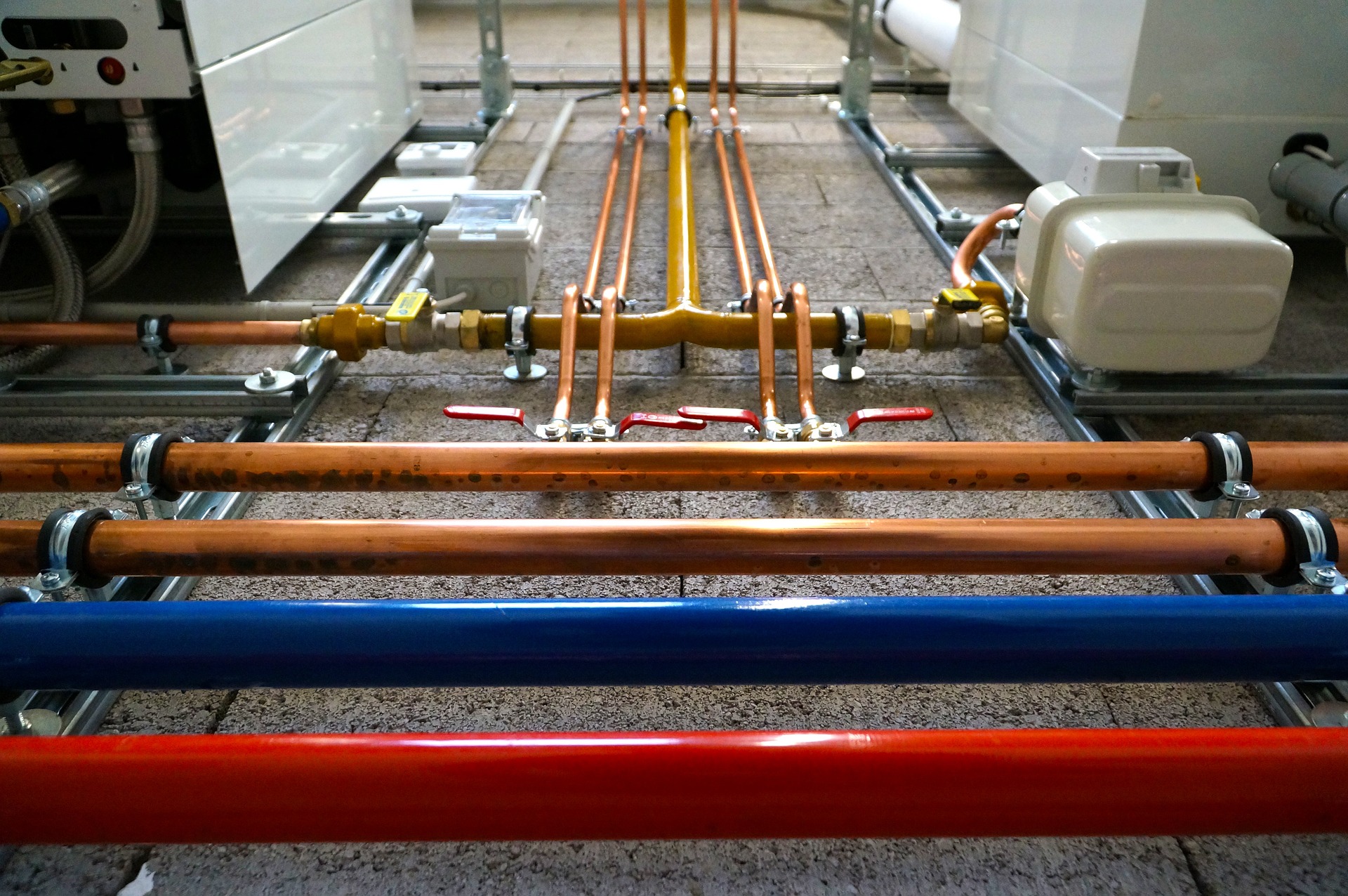Tankless water heaters are becoming increasingly popular in many households across the country. They offer many benefits, including energy efficiency, continuous hot water supply, and a space-saving design. However, before installing a new tankless water heater, there are several things you should consider.
Here are some of the most important things to consider before installing a new tankless water heater in your home.
1. Capacity
Tankless water heaters come in different sizes, capacities, and flow rates. It’s important to choose the right size and flow rate that will meet your household’s hot water demands. You can determine the right size by considering the number of people in your household, the number of bathrooms and appliances that require hot water, and your hot water usage patterns.
2. Location
The location where you plan to install your new tankless water heater is also an essential consideration. Tankless water heaters are generally smaller than conventional water heaters, but they still require proper ventilation and space for installation. They also require proximity to a gas or electric source, depending on the type of tankless water heater you choose. Additionally, if you are replacing a conventional water heater with a tankless one, you may need to reroute or replace some of your existing plumbing.

3. Type
There are three main types of tankless water heaters: electric, gas, and propane. Electric tankless heaters are generally cheaper to install but are more expensive to operate in the long run. Gas and propane heaters are more expensive to install but are more energy-efficient and cost less to operate than their electric counterparts. Choosing the right type of tankless water heater depends on your home’s energy source, location, and hot water needs.
4. Upfront Costs
The upfront costs of installing a tankless water heater are generally higher than traditional tank-style water heaters. However, many homeowners find that the long-term savings on energy costs and the extended lifespan of tankless water heaters make up for the higher initial investment.
5. Maintenance
Tankless water heaters require regular maintenance to function properly and maintain their energy efficiency. This may include cleaning the heat exchanger, flushing out the system to remove mineral build-up, and checking for any leaks or loose connections. You may also need to replace the air filter or perform other routine maintenance tasks depending on the make and model of your tankless water heater.

6. Lifespan
Tankless water heaters generally have a longer lifespan than traditional tank-style water heaters. A well-maintained tankless water heater can last up to 20 years or more, whereas a traditional water heater usually lasts between 10 and 15 years. The longer lifespan of tankless water heaters means that homeowners can enjoy uninterrupted hot water supply and energy savings for many years.
7. Installation
Installing a tankless water heater is a complex process that requires technical expertise and specialized knowledge. It’s important to hire a licensed and experienced plumber or HVAC technician to install your new tankless water heater. Installation mistakes can result in poor performance, frequent breakdowns, or even safety hazards.
Conclusion
In conclusion, tankless water heaters offer several benefits, including energy efficiency, space-saving design, and continuous hot water supply. However, before installing a tankless water heater, you should consider several factors, including capacity, location, type, upfront costs, maintenance, lifespan, and installation. Proper planning and expert installation can help you enjoy the benefits of a tankless water heater for many years to come.





